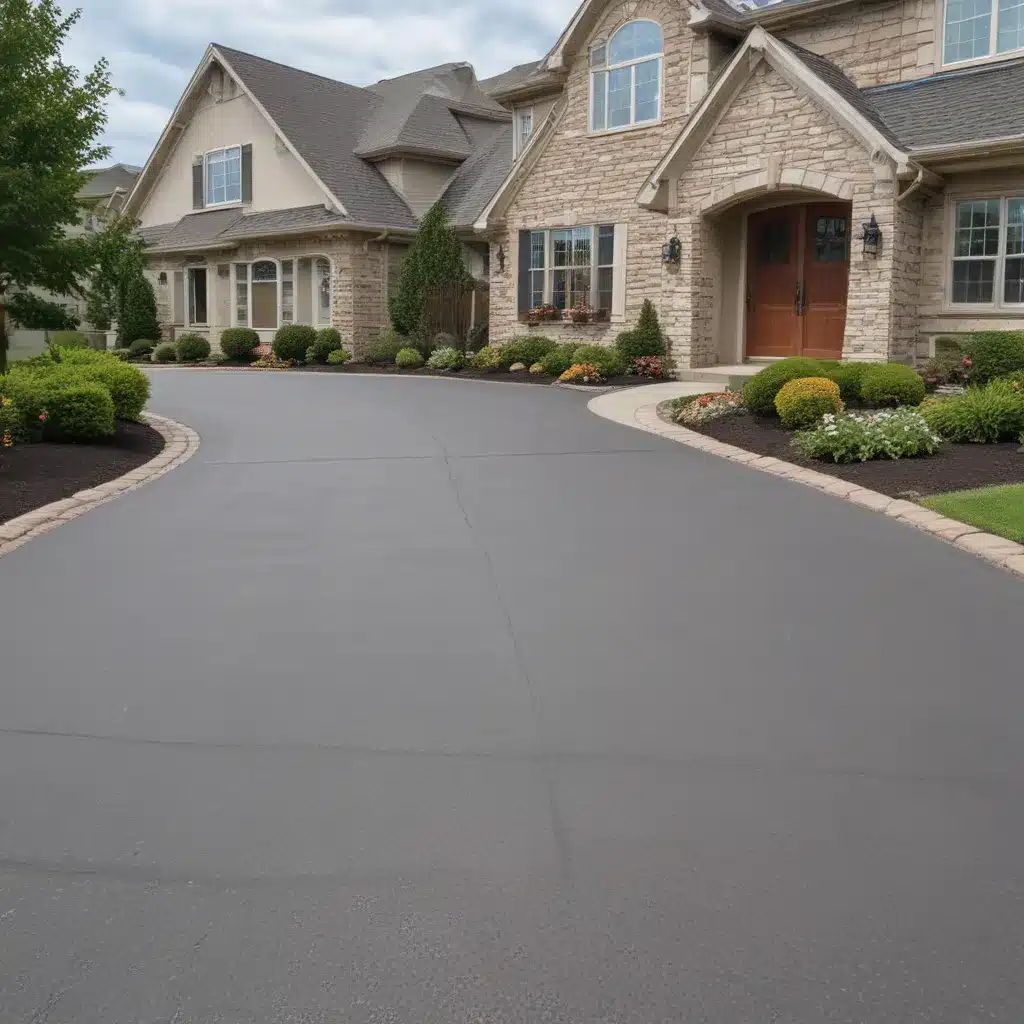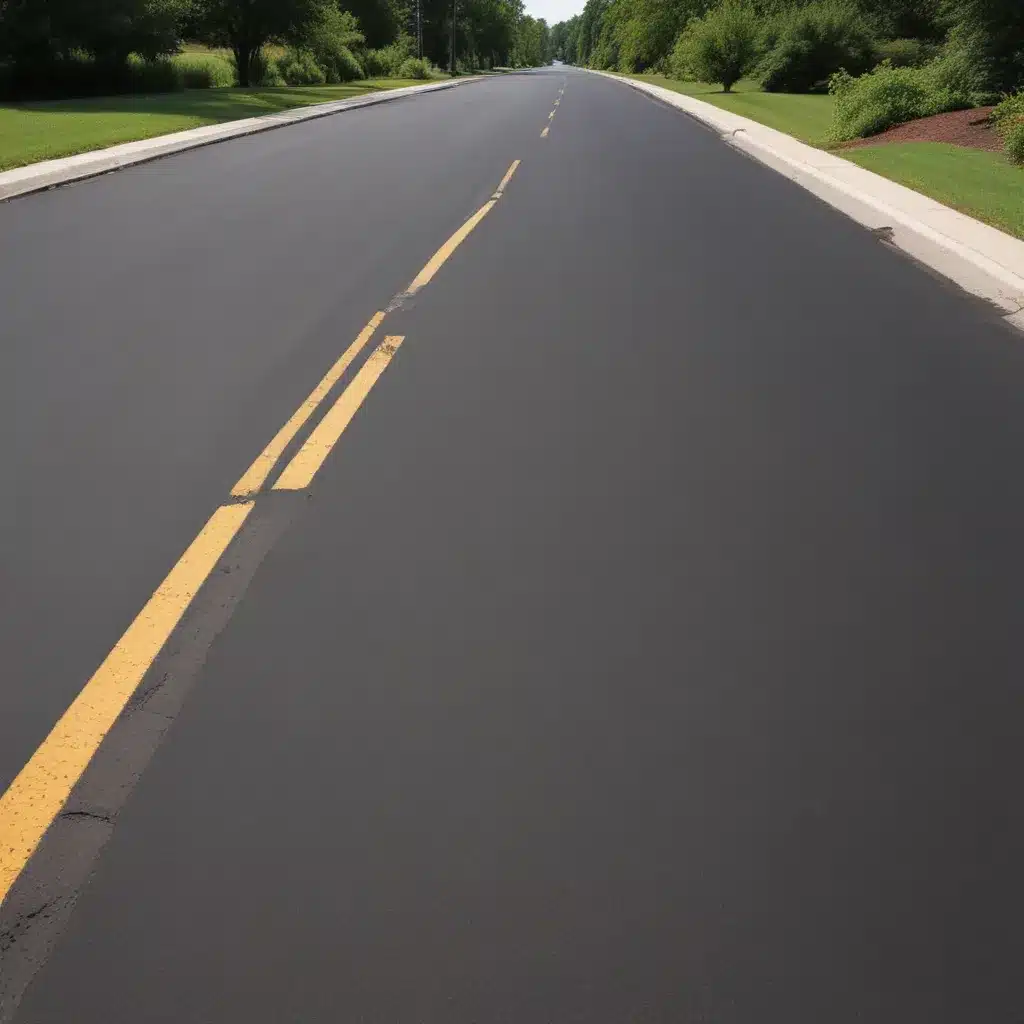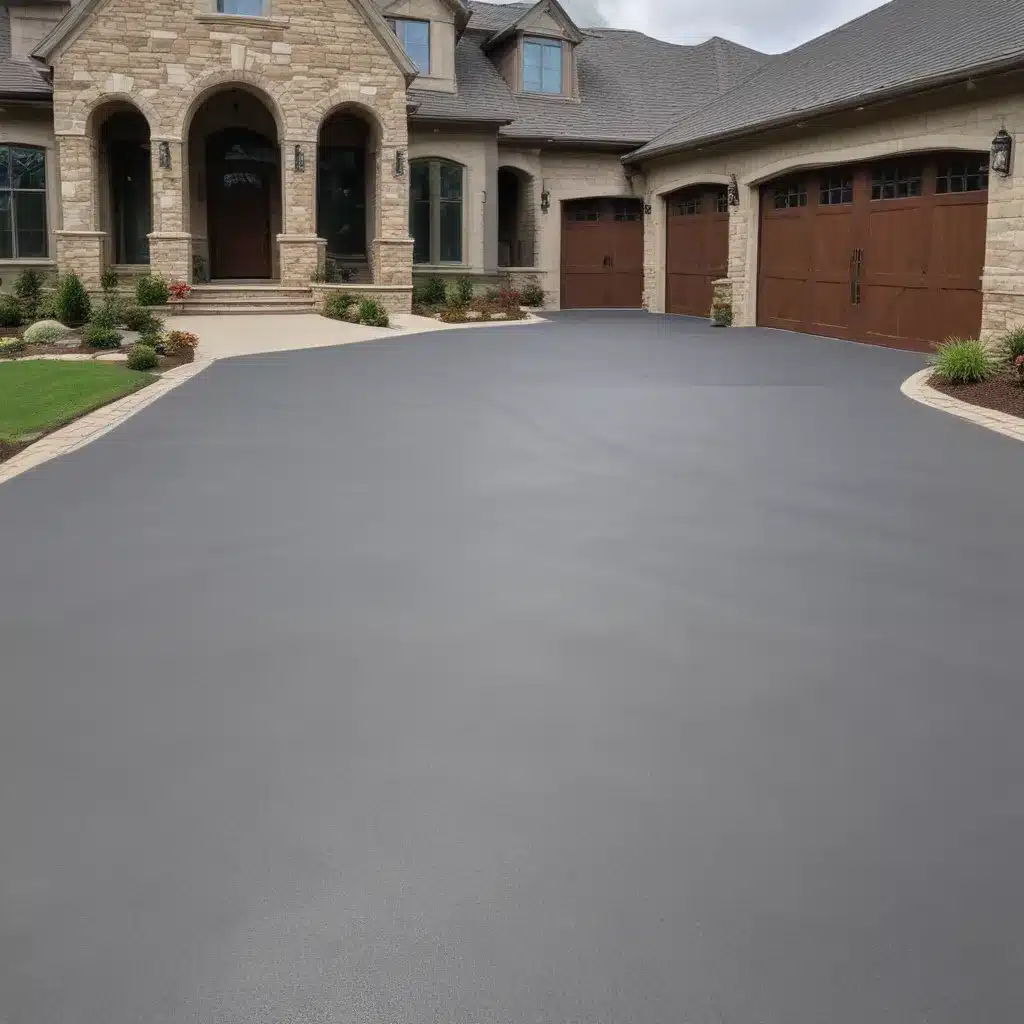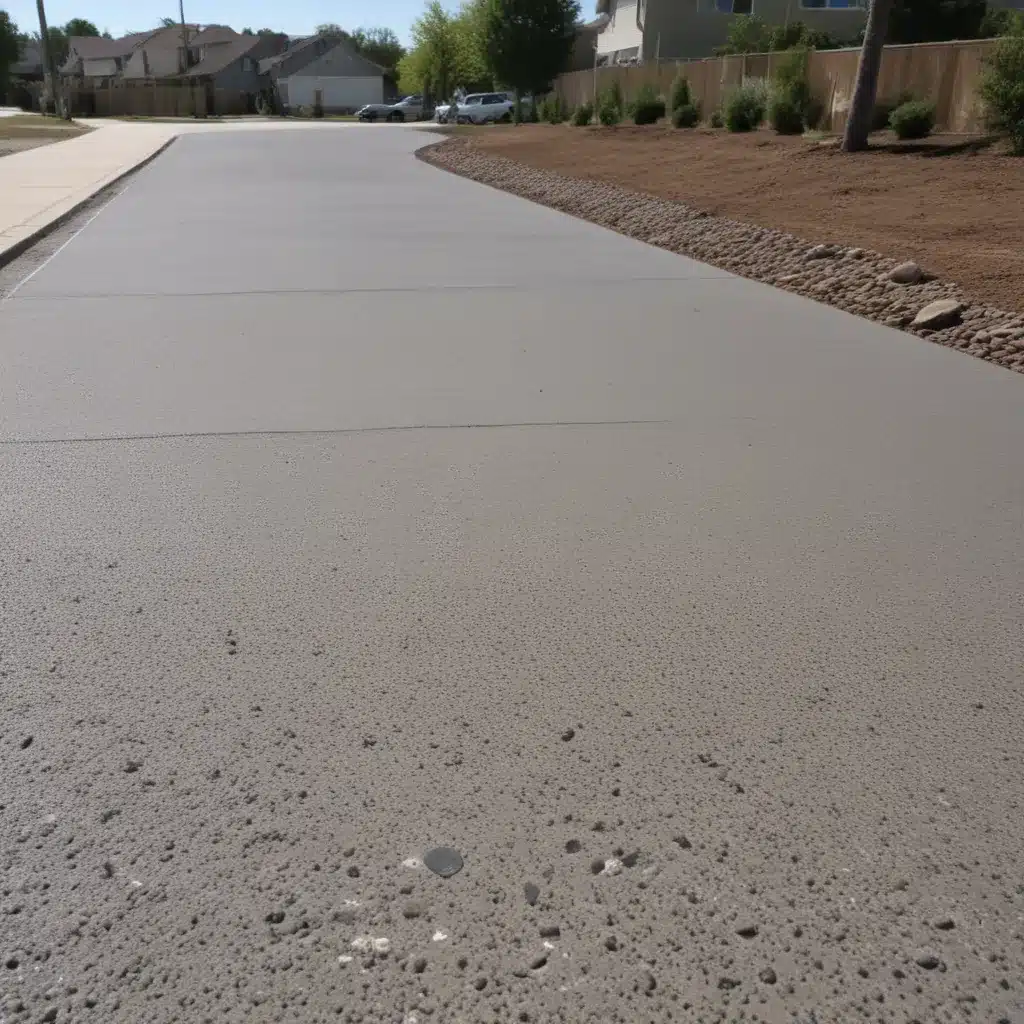Gravel: The Timeless Classic
When it comes to driveway materials, gravel is the timeless classic that has been a popular choice for homeowners for centuries. This versatile and cost-effective option offers a rustic charm that can enhance the curb appeal of any property. But what exactly are the pros and cons of going with a gravel driveway?
For starters, I’ve found that gravel is incredibly durable and can withstand the wear and tear of heavy traffic with ease. Unlike other materials that can crack or become uneven over time, a well-maintained gravel driveway will continue to provide a smooth and sturdy surface for years to come. And let’s not forget the aesthetic appeal – the natural look of crushed stone or pebbles can add a touch of elegance to any landscape.
On the flip side, gravel driveways do require a bit more upkeep than their paved counterparts. Regular raking and replenishing of the material is necessary to keep it looking its best. Additionally, gravel can be prone to washout during heavy rains, which can lead to unattractive ruts and divots. But with a little bit of elbow grease and some strategic drainage solutions, these minor inconveniences can be easily managed.
Asphalt: The Practical Choice
If you’re looking for a driveway material that offers a sleek, modern look with minimal maintenance, then asphalt might be the way to go. As I’ve discovered, asphalt is a popular choice among homeowners due to its durability, flexibility, and cost-effectiveness.
One of the biggest advantages of an asphalt driveway is its smooth, seamless appearance. The dark, uniform surface creates a polished, cohesive look that can complement a wide range of architectural styles. Plus, asphalt is known for its ability to withstand the elements, making it a reliable choice in even the harshest of climates.
However, it’s important to note that asphalt does have a relatively short lifespan compared to other materials. Over time, the surface can become cracked or discolored, requiring periodic resurfacing or repairs. Additionally, the installation process can be a bit more involved than with gravel, as it requires a proper foundation and professional application.
Concrete: The Durable Choice
When it comes to driveway materials, concrete is often considered the gold standard for its unparalleled durability and longevity. As a homeowner, I’ve found that concrete driveways can last for decades with minimal maintenance, making them a wise investment in the long run.
One of the standout features of concrete is its resistance to weathering and wear. Unlike gravel or asphalt, a properly installed concrete driveway is unlikely to develop potholes, cracks, or other unsightly blemishes over time. This makes it an excellent choice for homeowners who want a low-maintenance, long-lasting solution for their outdoor spaces.
But the benefits of a concrete driveway extend beyond just its durability. This material also offers a wide range of customization options, allowing homeowners to choose from a variety of colors, textures, and patterns to complement their home’s aesthetic. And let’s not forget the added safety and traction that a concrete surface can provide, especially in wet or icy conditions.
Of course, no material is perfect, and concrete driveways do have their own set of drawbacks. The initial installation cost is typically higher than that of gravel or asphalt, and the curing process can take several days to complete. Additionally, concrete is susceptible to cracking and spalling if not properly maintained and sealed over time.
Comparing the Contenders
To help you make an informed decision, let’s take a closer look at how these three driveway materials stack up against each other:
| Feature | Gravel | Asphalt | Concrete |
|---|---|---|---|
| Durability | Moderate | High | Exceptional |
| Maintenance | Moderate | Low | Moderate |
| Cost | Low | Moderate | High |
| Aesthetics | Rustic | Smooth | Customizable |
| Lifespan | 10-20 years | 15-20 years | 30+ years |
As you can see, each material has its own unique strengths and weaknesses, so the “best” choice will ultimately depend on your personal preferences, budget, and the specific needs of your property. If you’re still unsure which option is right for you, I’d be more than happy to discuss your specific requirements and provide a personalized recommendation.
Making the Final Decision
At the end of the day, choosing the right driveway material is a highly personal decision that requires careful consideration of your unique needs and preferences. Whether you’re drawn to the timeless charm of gravel, the practical appeal of asphalt, or the unparalleled durability of concrete, there’s no one-size-fits-all solution.
As a homeowner, I’ve learned that it’s important to weigh all the factors – from cost and maintenance to aesthetics and long-term performance – before making your final choice. And don’t forget to consult with a reputable contractor who can guide you through the process and ensure that your new driveway is installed to the highest standards.
Ultimately, the decision is yours, but I hope that this comprehensive overview of gravel, asphalt, and concrete has provided you with the information you need to make an informed and confident decision. Happy paving!





